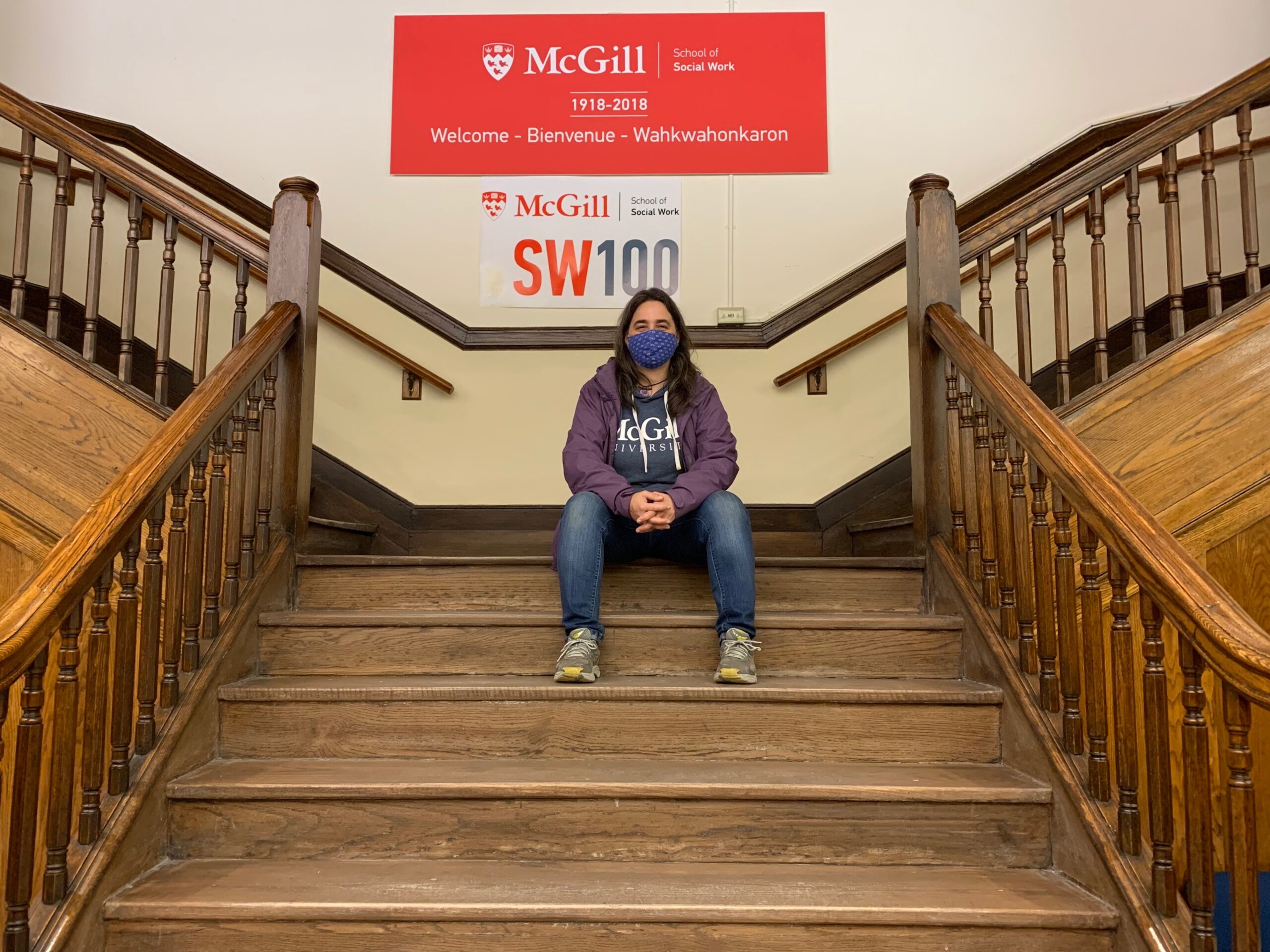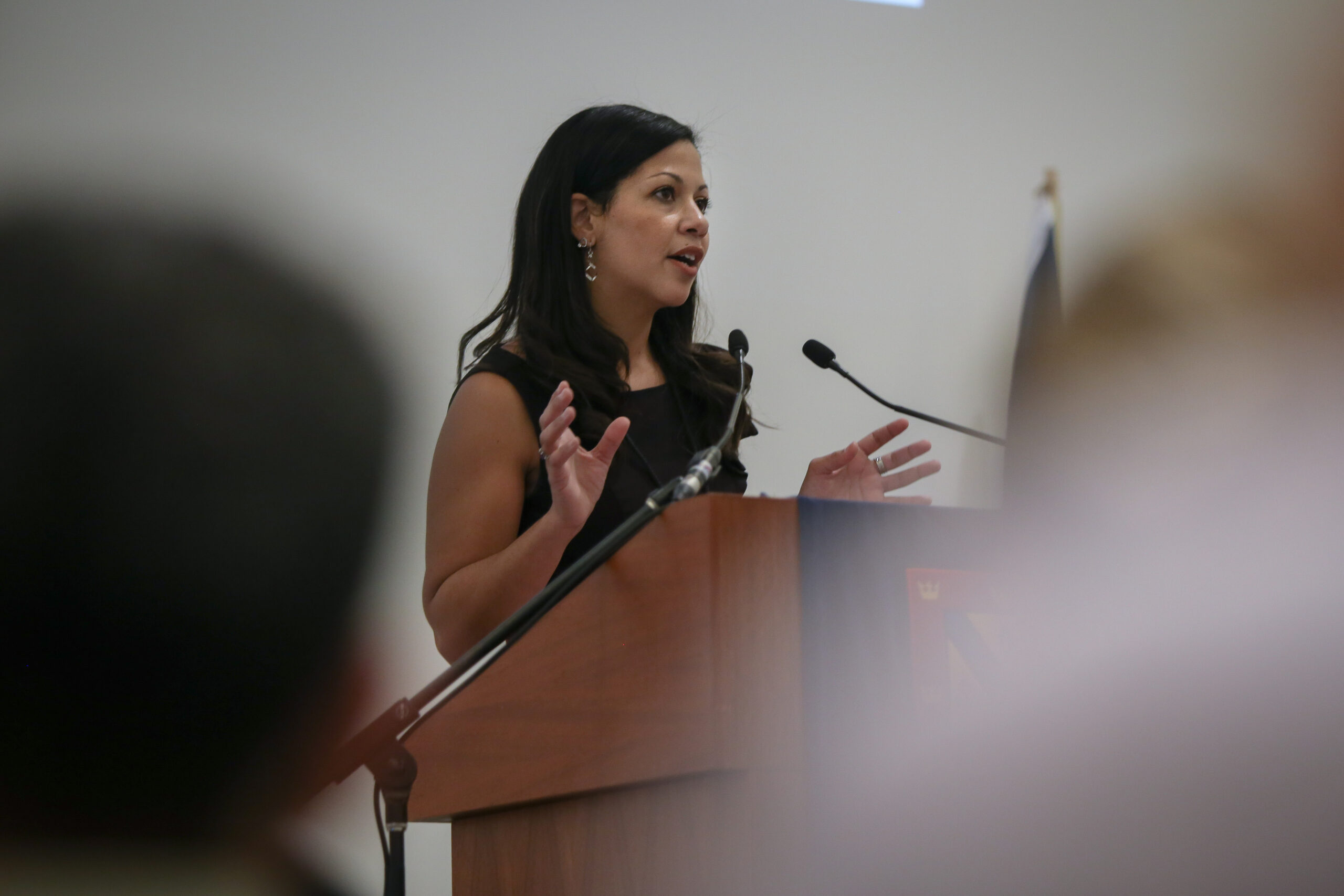
Over the past year, whether it’s been about managing pain, managing pandemics, or managing difficult conversations about race, McGill researchers have stepped forward in unprecedented numbers to share their knowledge and be of service to society.
Principal and Vice-Chancellor Suzanne Fortier created the Principal’s Prize for Public Engagement through Media five years ago to recognize outstanding achievement among those who share their knowledge with the public and the media. They play a vital role in supporting McGill University’s commitment to being of service to society and engaging with the broader community.
On April 13, 2021, in a special virtual ceremony, Principal Fortier announced the winners of the 2021 Prizes in five categories. Vice-Principal (Communications & External Relations) Louis Arseneault was also on hand to honour this year’s winners and runners-up.
The number of applicants for this year’s prize grew by close to 60 per cent compared to the previous year. Those of us who work in the Media Relations Office also know that the number of requests coming from media for McGill experts has grown incrementally this past year. And that there are many other individuals across the University who didn’t apply for the prize this year, but who have consistently and generously responded to these requests.
The winners of the 2021 Principal’s Prize for Collaboration are the Quebec Network of Junior Pain Investigators (QNJPI). In selecting them as the winners, the jury highlighted their broad reach, major impact and numerous community partnerships as they worked to inform and educate people about how to manage their pain better.
The two runners-up this year were Medical Herstory, who engage with the student population and beyond to share information about women’s medical health, and Brain Reach, who work with large numbers of volunteers to inspire a love of science and neuroscience in particular in students of all ages and at all stages.

The winner of this year’s Prize for Graduate Students and Postdoctoral Fellows is Susan Mintzberg, a PhD candidate in the school of Social Work. In selecting her as the winner, the jury highlighted Mintzberg’s intellectual work and prolific output in engaging with media about pandemic-related issues ranging from seniors’ care to religious diversity.
As runners-up, the jury chose Emily Choy, a postdoctoral fellow who is doing research about the effects of climate change on seabirds in the Arctic, and Ada McVean, a master’s student who has an active and ongoing presence as a well-versed science communicator on the radio, on TV and on various social media platforms.
The numbers of applicants for the Prize for Emerging Researchers grew significantly this year. The jury was impressed by the number of early-career researchers who see sharing their knowledge with the media and the public as being an important and natural complement to their academic work.

The winner of this year’s prize is Debra Thompson, an associate professor in the Department of Political Science and the Canada Research Chair in Racial Inequality in Democratic Societies. In selecting her as the winner, the jury pointed to the fact that over the past year she has produced a series of powerful op eds, published in high-impact papers, such as the Globe and Mail, on issues that require courage to speak up about, such as the Black Lives Matter movement.
The runners-up in the category this year are Tina Montreuil, an Assistant Professor in the Department of Educational and Counselling Psychology who has, since the beginning of the pandemic, shared her knowledge about youth mental health with parents, schools and the young people themselves. And Nicole Basta, an Associate Professor in the Department of Epidemiology, Biostatistics, and Occupational Health. She created a COVID-19 vaccine-tracker website to present comprehensive and accessible information about the process of vaccine testing and approvals to a worldwide audience.

The winner of the Prize for Established Academics is Dr. Donald Sheppard, the Chair of the Department of Microbiology and Immunology and Director of the McGill Interdisciplinary Initiative in Infection and Immunity. In choosing him as the winner, the jury described him as hitting all the marks, from offering policy advice to his direct public communication. This included regularly sharing his expertise on COVID-19 with media in both official languages.
The runners-up for this year’s prize are Parisa Ariya, a Full Professor who is cross-appointed to the Departments of Chemistry and Atmospheric and Oceanic Sciences, and Jérôme Waldispuhl, from the School of Computer Science.

The Changemaker Prize, for which you cannot apply but must be nominated, was awarded to Dr. Matthew Oughton who worked tirelessly as an infectious disease physician in one of the hardest-hit hospitals in Quebec, the Jewish General Hospital, while at the same time managing to give over 400 interviews to media about the virus.
Watch a recording of the 2020 Principal’s Prize announcement—then listen to a CBC interview with Dr. Oughton and Dr. Sheppard about why it is important to them to communicate with media.
